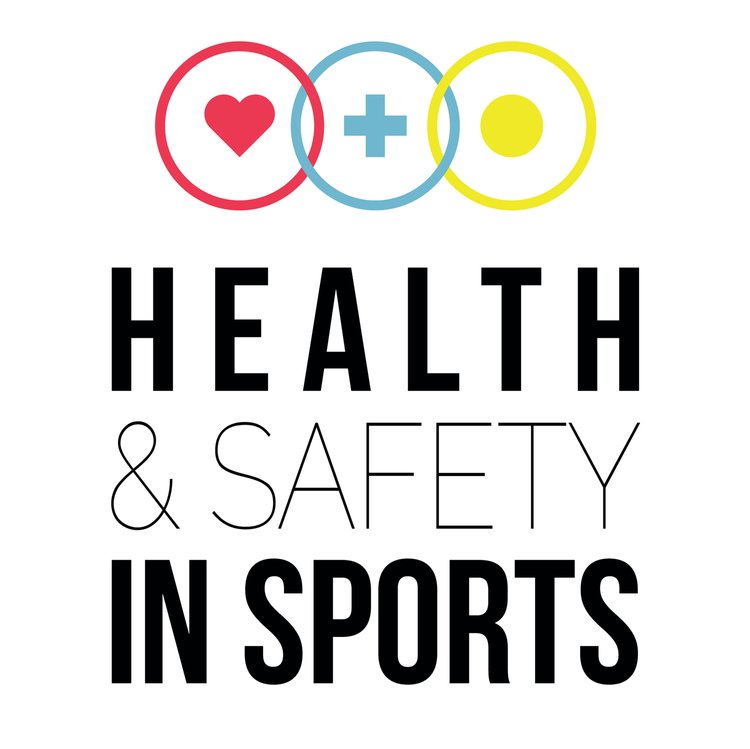What a year 2020 was. On the upside .. despite - or maybe due to - the global situation we had a record-breaking year with 100+ publications. We are not able to present them all but cherry-picked this work by James Brown who had a second look in the data of his BokSmart study.
What is already known on the subject?
Similar to the RugbySmart nationwide injury prevention programme of New Zealand, the BokSmart nationwide injury prevention programme, has had many positive effects in the South African rugby union.
Behaviour change is difficult both to effect through interventions and to measure.
This study assessed distal (knowledge and perceptions) and proximal (intention, attitude, subjective norms and perceived behavioural control) associates of behaviour in rugby coaches and referees attending mandatory safety courses.
While educational material frequently results in knowledge acquisition, there is less often evidence of behaviour change.
Background
BokSmart is a nationwide injury prevention programme that aims to reduce players' injury risk mainly through education of coaches and referees in mandatory biennial education courses. These courses are held throughout each rugby season. The objective of this cross-sectional study was to assess whether these courses were associated with improvements in attendees' behavioural determinants.
Methods
Coaches and referees completed a questionnaire based on the theory of planned behaviour, immediately before and after their 2012 BokSmart courses. Twelve behavioural determinants were assessed on a five-point Likert scale and open-ended questions. A meaningful change was defined as an improvement of >/=1 unit score supported by null hypothesis testing. Odds of improving by >/=1 unit score (compared with not improving) were assessed in attendees using multivariate logistic regression.
Theory of planned behaviour (Ajzen I. The theory of planned behavior. Organ Behav Hum Decis Process 1991;50:179–211).
Results
In total, 390 coaches and 74 referees completed both questionnaires. 'Before' scores were high for most outcomes, except for knowledge. Although there was a significant (p<0.001) improvement in all 'after' course scores, the only meaningful change (=1 unit) was in knowledge of scrum techniques/rules.
Conclusion
Although the only meaningful improvement in 2012 BokSmart course attendees was in one outcome, it should be noted that before-course scores were already high, reducing the questionnaire's ability to assess change because of a ceiling effect. Nonetheless, the knowledge acquisition of these courses was low and not related to previous course attendance or more years of rugby experience. These results justify the biennial nature of this safety course but also indicate that knowledge acquisition is generally low.
What this study adds
A comparison of 12 behavioural associates in coaches and referees before and after a mandatory safety course.
The BokSmart biennial safety courses only resulted in a meaningful improvement in 1 of the 12 outcomes: knowledge of scrum techniques/rules.
An assessment of factors associated with improvement in the 12 outcomes. Surprisingly, previous course attendance, years of experience and course language were not associated with improvement.
The full paper can be accessed here (paywalled)
Brown JC, Hendricks S, Lambert MI, van Mechelen W, Verhagen E. BokSmart rugby safety education courses are associated with improvements in behavioural determinants in attending coaches and referees: presurvey–postsurvey studyInj Prev Epub ahead of print. doi:10.1136/ injuryprev-2020-043903


